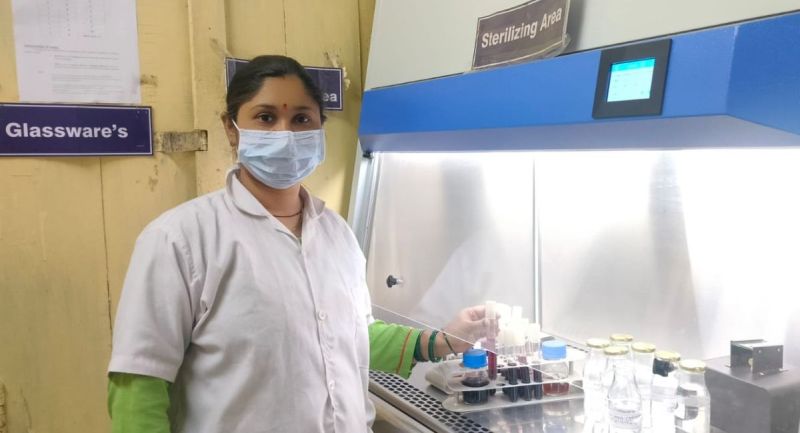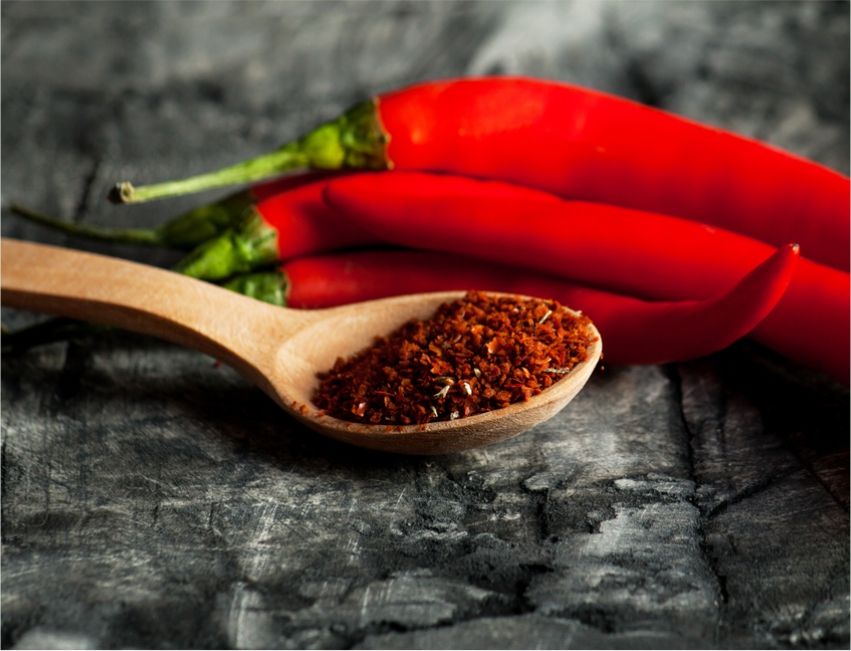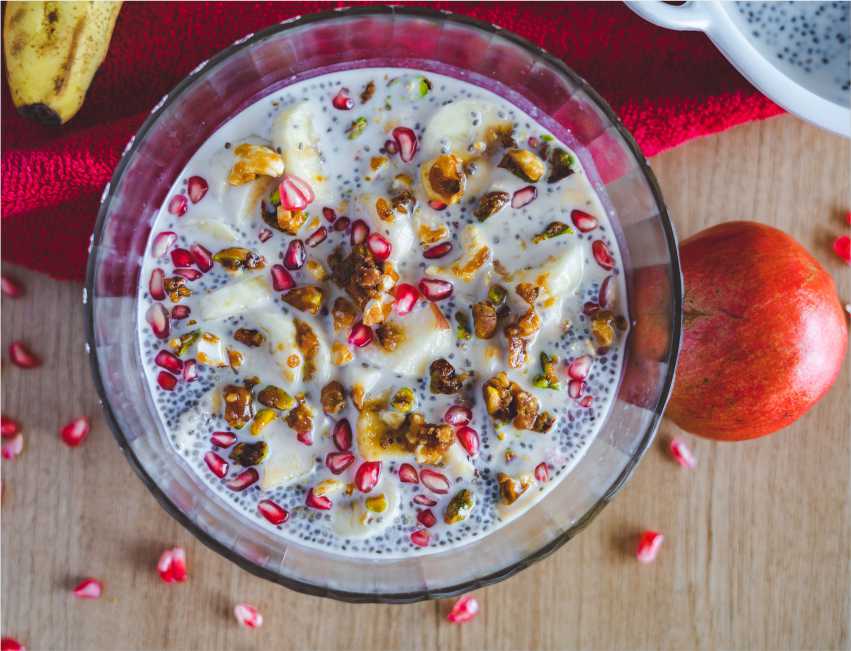Zilla Parishad launches water disinfection initiative to combat Guillain-Barré Syndrome in Thane

- Chandrashekhar Hendve
- 14 Feb, 2025
In a proactive measure to prevent the spread of Guillain-Barré Syndrome (GBS) and other infectious diseases, the Zilla Parishad has initiated a comprehensive water disinfection campaign across rural areas of Thane.
Chief Executive Officer Rohan Ghuge has urged Gram Panchayats to implement monthly disinfection of drinking water sources and conduct water sample testing at distribution points, including schools, Anganwadis, and households, using biological field-testing kits (FTK-H2S vials) operated by trained women volunteers.
Given the rising prevalence of the GBS virus, the focus is on ensuring the safety of drinking water through biological testing of samples collected from various sources. The samples are gathered in a campaign format and sent to the nearest Groundwater Survey and Development Authority laboratory for thorough biological analysis.
To meet the essential requirement of providing at least 55 litres of water per person per day through functional domestic piped connections, the Zilla Parishad has commenced efforts under the Jal Jeevan Mission.
This initiative aims to ensure a consistent supply of quality drinking water to rural families through various sources, including domestic and public facilities, Gram Panchayat offices, schools, and health centres.
CEO Rohan Ghuge and Project Director of the Jal Jeevan Mission, Pramod Kale, emphasised the need for a robust water quality control and survey program in rural areas.
They have called for chemical testing of all drinking water sources and household tap connections (FHTC) at least once a year, along with biological testing twice a year, to ensure the safety and quality of drinking water for the rural population.
The initiative encompasses the inspection of a total of 5,430 water sources in the region, which includes:
· 2,365 domestic and public water sources
· 431 Gram Panchayat offices
· 1,269 schools
· 1,152 Anganwadi centres
· 33 health centres
· 180 sub-centres




